Trekking to Everest
Professor Joel Berger travels to Everest base camp for world’s highest climate conference story by Joe Giordano video by Ben Ward published July 13, 2022If Joel Berger had known the roundtrip trek to Nepal’s Mount Everest base camp would involve 134 miles of hiking, he said he might not have agreed to attend the “World’s Highest Climate Summit.”
“I thought it was 62 miles round trip,” said Berger, the Barbara Cox Anthony University Chair in Wildlife Conservation at CSU’s Warner College of Natural Resources. “But it was great. It was a once-in-a-lifetime experience.”
Berger, along with University of Colorado Boulder professor Joanna E. Lambert, were the sole Americans invited to the Global Warming International Seminar.
Video by Ben Ward/Colorado State University
On May 15, the two departed, flying from Denver to Los Angeles to Doha, Qatar, to Kathmandu, Nepal, and finally to Lukla Airport, considered the most dangerous airport in the world. They then made the trek over several days to Everest base camp at 17,598 feet.
“It was a very surreal experience,” Berger said. “For the first four or five days, it was so cloudy. We couldn’t see a thing. And then it cleared up. You can’t believe you are there.”
Both Berger and Lambert took part in the conference on May 29. The date holds significance as it marks the 69th anniversary of when Edmund Hillary and Tenzing Norgay became the first people to summit Everest. Berger led a presentation on Nepal’s legacy on biodiversity, focusing on snow leopards and wild yaks. He also touched on the American Everest expeditions as well as the loss of glaciers and the consequences of global warming on biodiversity.
“It was a very surreal experience. For the first four or five days, it was so cloudy. We couldn’t see a thing. And then it cleared up. You can’t believe you are there.”
— Joel Berger
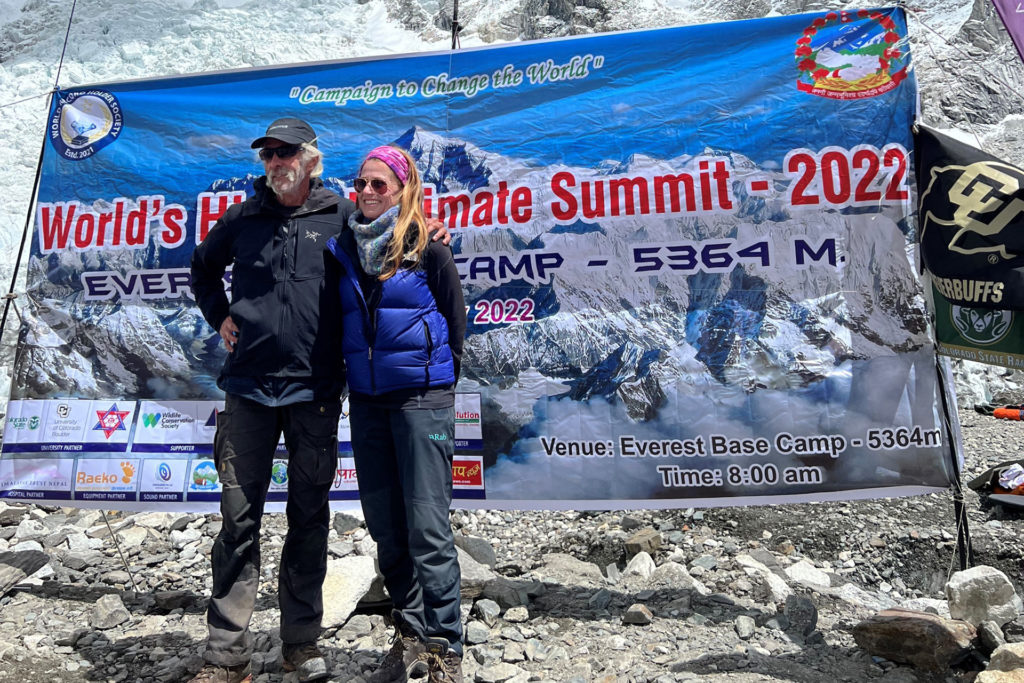
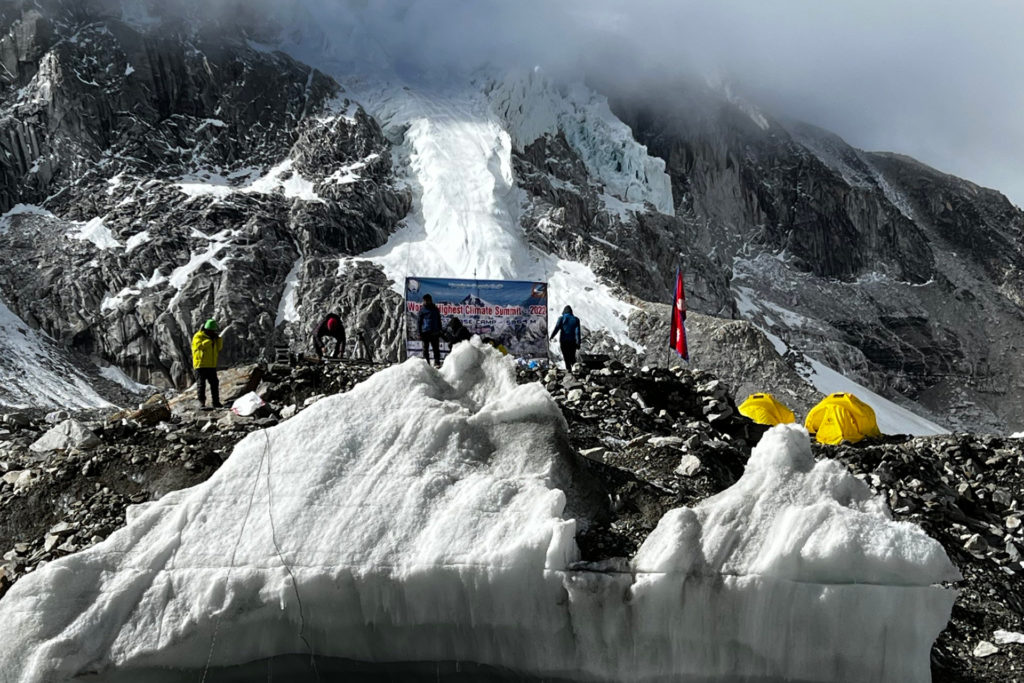
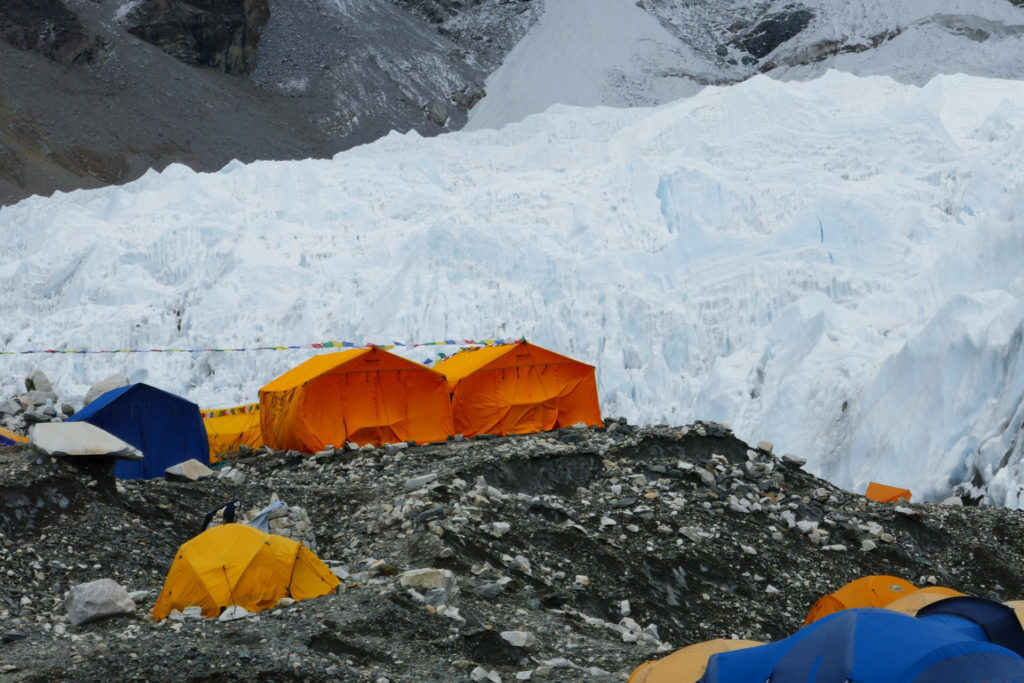
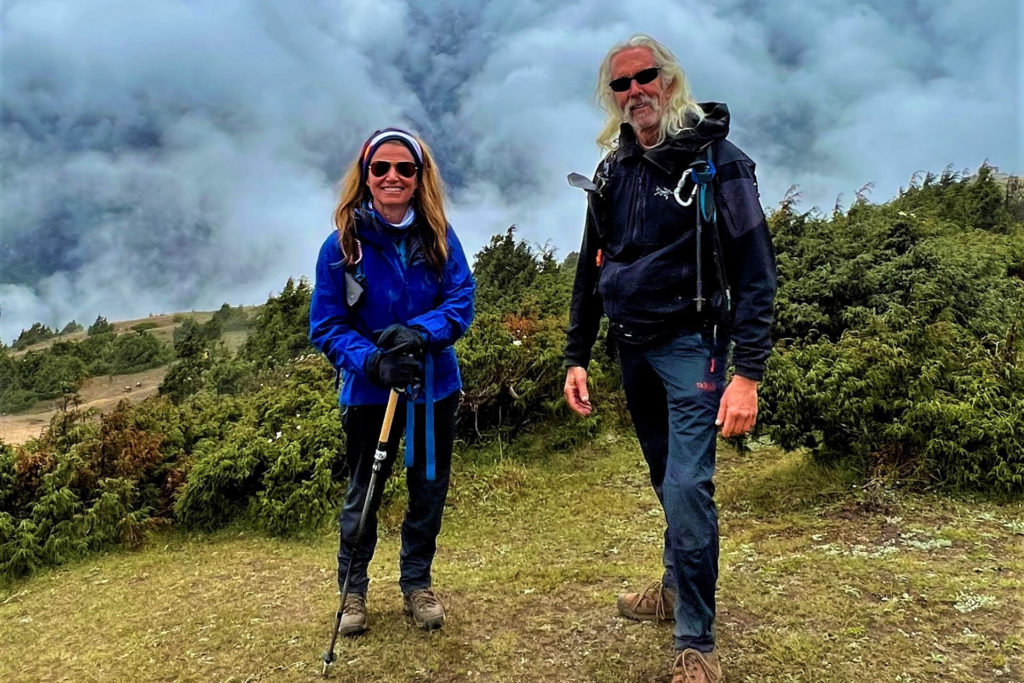
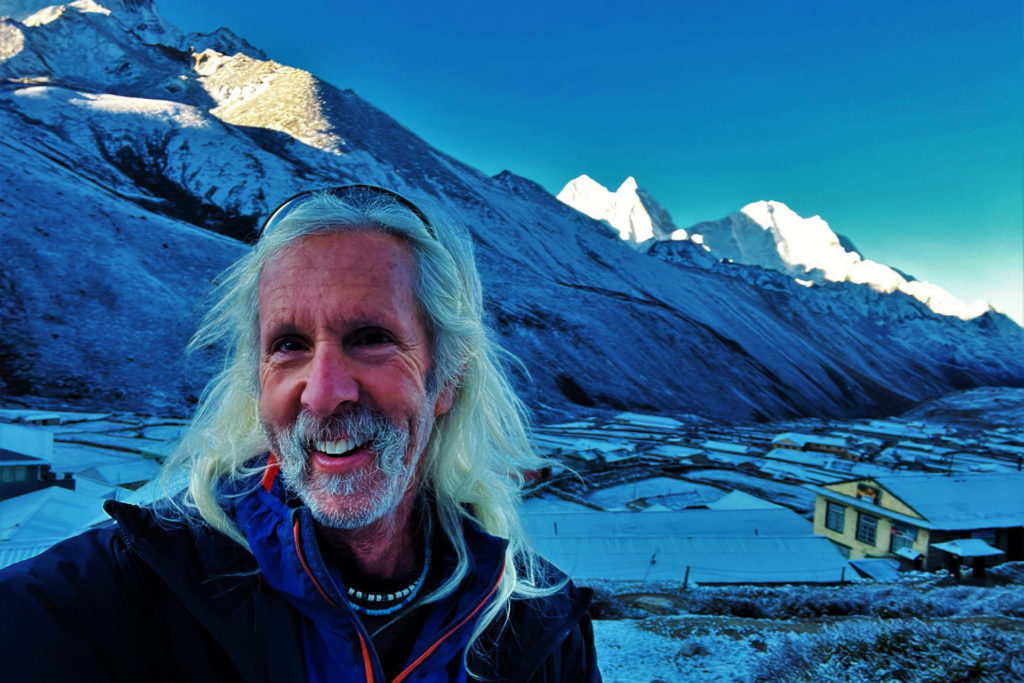
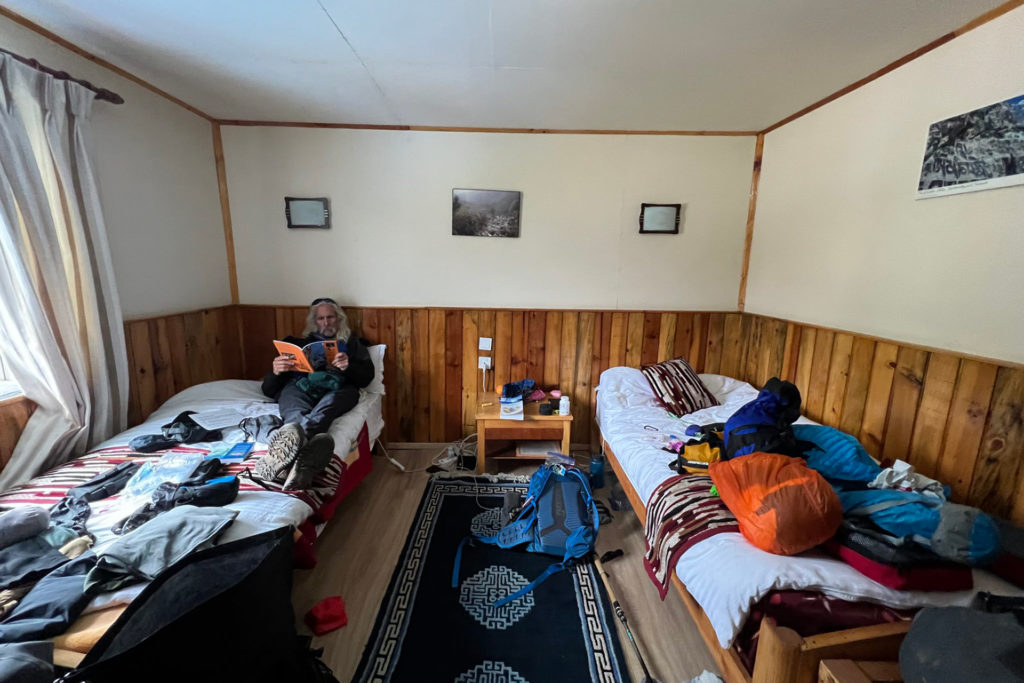
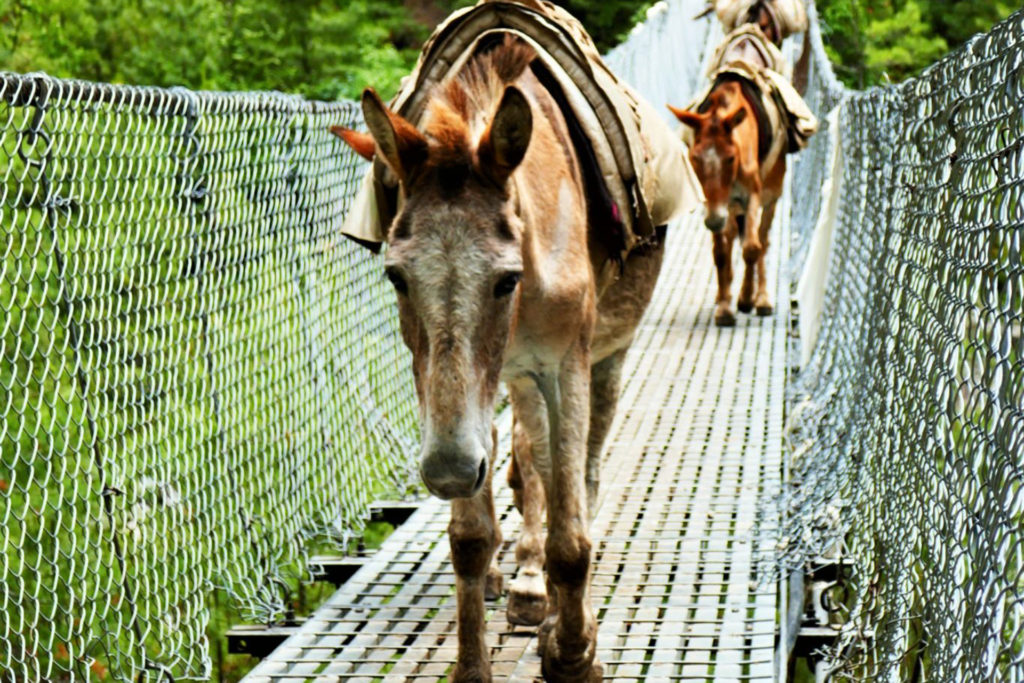
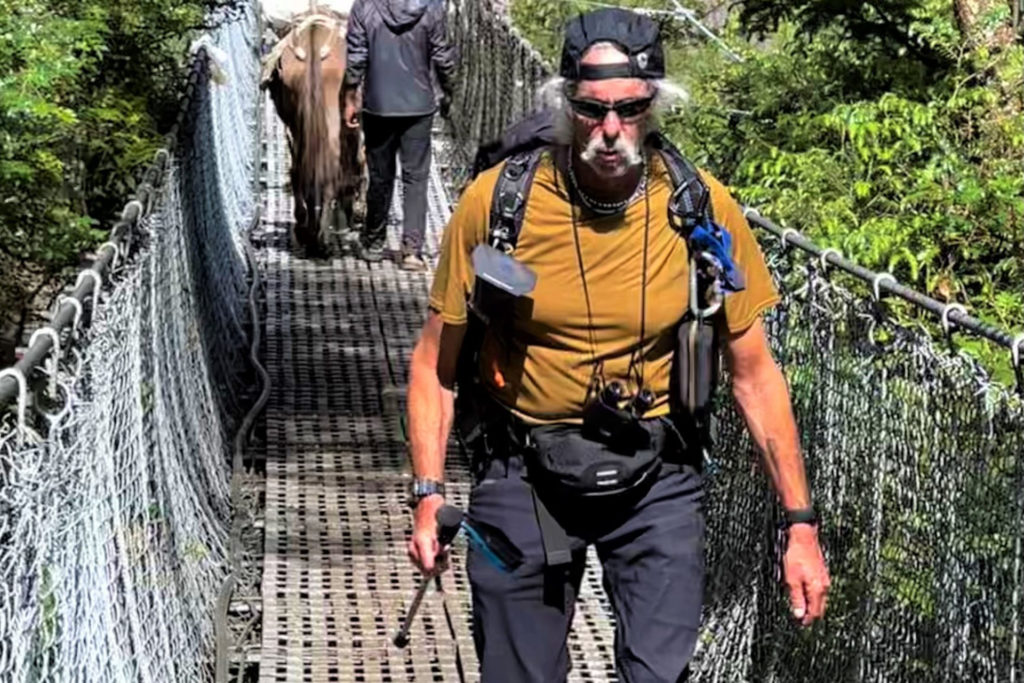
Berger explained the experience would have not been possible without the support of the Nepalese Mountaineering and the World Record Holder Society. He said there is hope that he and Lambert might return to another summit with possibly more researchers in the future so they can experience a climate conference like no other.
“It was really cool,” Berger said. “At base camp, you could hear avalanches coming down and rock slides. It was a very different situation.”